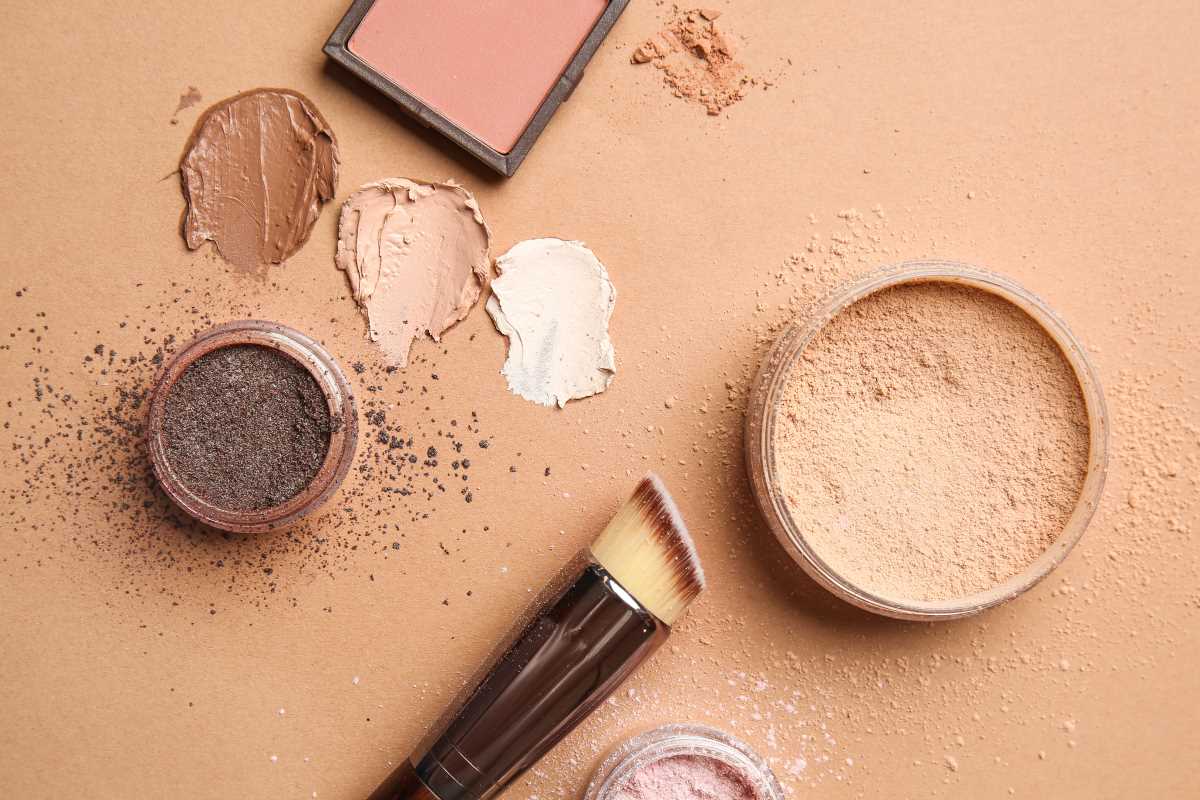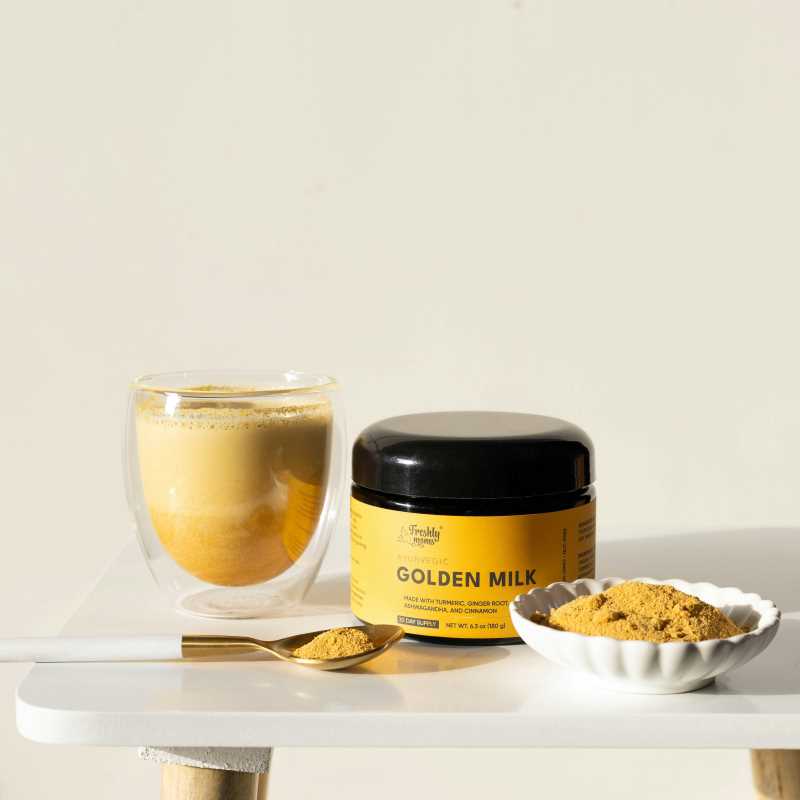Makeup is a daily essential for many individuals, helping to enhance natural beauty and boost confidence. However, many people are unaware of the hidden dangers that could be lurking in their makeup bags. From expired products to harmful chemicals, it's crucial to be aware of potential risks to your skin and overall health. Let's explore some of the hidden dangers you need to watch out for when it comes to your makeup bag.
Old Makeup Products
Many of us are guilty of holding onto makeup products well past their expiration dates. Using expired makeup can lead to skin irritation, breakouts, and even infections. It's essential to check the expiration dates on your products and toss anything that is past its prime to avoid potential skin issues.
Throwing out expired makeup products is essential for maintaining healthy skin and preventing potential infections. Over time, makeup can become a breeding ground for bacteria, especially in products like mascara, liquid foundation, and lip gloss. Using expired products can lead to skin irritation, breakouts, and even serious eye infections. Additionally, makeup loses its effectiveness as it ages, with colors fading and textures changing, leading to a less polished appearance. Regularly checking the expiration dates and discarding old products not only ensures that your makeup routine stays safe but also helps you achieve the best results with fresh, effective products.
Here’s a general guide for when you should throw out the most common makeup products:
- Mascara: Replace every 3 months. Mascara is prone to bacteria buildup, which can lead to eye infections.
- Liquid Foundation: Replace every 6 to 12 months. The liquid formula can separate over time and become a breeding ground for bacteria.
- Concealer: Replace every 6 to 12 months. Liquid concealers should be discarded after 6 months, while stick concealers can last up to a year.
- Lipstick and Lip Gloss: Replace every 1 to 2 years. Lip products can harbor bacteria, and they tend to dry out or change texture over time.
- Eyeliner (Pencil): Replace every 1 to 2 years. Sharpening regularly can help extend its life, but it's still important to replace it to avoid infections.
- Eyeliner (Liquid/Gel): Replace every 3 to 6 months. Like mascara, liquid and gel eyeliners are prone to bacterial contamination.
- Powder Products (Blush, Bronzer, Eyeshadow): Replace every 1 to 2 years. Powders have a longer shelf life, but over time they can lose pigmentation and become less effective.
- Cream Products (Blush, Eyeshadow): Replace every 6 to 12 months. Cream formulas can become dry or develop an off smell, indicating it's time to toss them.
- Face Powder (Setting Powder, Pressed Powder): Replace every 1 to 2 years. These products can last a bit longer but should be discarded if they develop a strange odor or change in texture.
- Nail Polish: Replace every 1 to 2 years. Nail polish can thicken and become difficult to apply as it ages.
- Makeup Brushes: Clean regularly and replace every 1 to 5 years. Brushes can last longer with proper care, but they should be replaced if they start to shed or become misshapen.
- Makeup Sponges: Replace every 1 to 3 months. Sponges can harbor bacteria and should be replaced frequently, especially if used daily.
Harmful Ingredients
Some makeup products contain harmful ingredients such as parabens, phthalates, and formaldehyde-releasing preservatives. These chemicals have been linked to various health concerns, including hormone disruption and even cancer. Opt for natural and organic makeup products whenever possible to reduce your exposure to these harmful ingredients.
Bacterial Growth
The warm and damp environment of a makeup bag is the perfect breeding ground for bacteria. Using dirty brushes or expired products can introduce harmful bacteria to your skin, leading to breakouts and infections. Make sure to regularly clean your makeup brushes and tools, and replace any products that show signs of contamination.
Counterfeit Products
The rise of counterfeit makeup products in the market poses a significant threat to consumer safety. These fake products often contain harmful substances such as lead, arsenic, and even mercury, which can cause serious damage to your skin and health. Always purchase makeup products from reputable retailers to avoid the risks associated with counterfeit goods.
Allergic Reactions
Certain ingredients in makeup products, such as fragrances and dyes, can trigger allergic reactions in some individuals. These reactions can range from mild irritation to severe swelling and rashes. Perform a patch test before trying out a new product and pay attention to any signs of irritation to avoid allergic reactions.
Heavy Metals
Some makeup products, especially those with vibrant pigments, may contain heavy metals such as lead, mercury, and arsenic. Prolonged exposure to these heavy metals can have harmful effects on your health, including neurological issues and organ damage. Look for products that are heavy metal-tested to minimize your risk of exposure.
Skin Sensitivities
Individuals with sensitive skin are particularly vulnerable to the hidden dangers in makeup products. Certain ingredients, fragrances, and preservatives can trigger inflammation, redness, and irritation in sensitive skin types. Opt for hypoallergenic and fragrance-free products specifically formulated for sensitive skin to minimize the risk of adverse reactions.
By being mindful of the potential dangers lurking in your makeup bag, you can protect your skin and overall health while still enjoying the benefits of wearing makeup. Regularly assess your products for expiration dates, opt for natural and organic options, and practice good hygiene habits to keep your makeup routine safe and enjoyable. Your skin will thank you in the long run for taking the necessary precautions to avoid hidden dangers in your makeup bag.







